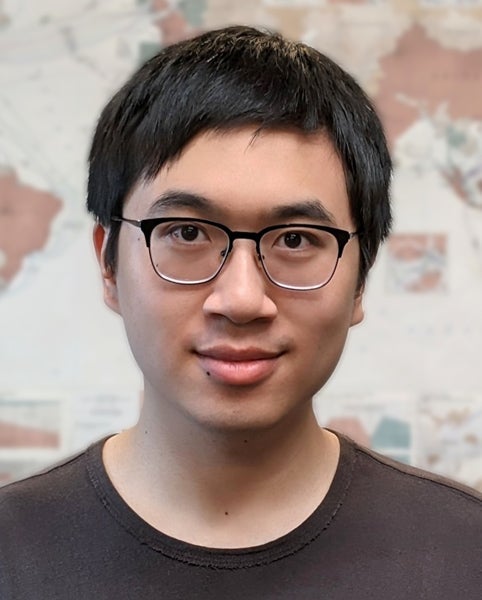Themelio Labs, a blockchain-based start-up founded by Cheriton School of Computer Science doctoral student Yuhao Dong, has secured $1.5 million USD in seed funding from Polychain Capital, a digital asset investment fund based in San Francisco, California. The start-up is developing Themelio, an open-source public blockchain that aims to revolutionize the way blockchains are used in security-critical software systems.

A blockchain can ensure that every agreement, contract and transaction is protected cryptographically from deletion, tampering and revision. It is precisely this immutability that makes blockchains so useful and revolutionary to individuals, organizations, and governments alike. A decentralized ledger that records transactions between parties without requiring explicit trust or authentication by a third party allows everything from healthcare records to supply and distribution chains to contracts to function as a decentralized immutable database, where transactions are recorded permanently and transparently.
“But the crucial feature that distinguishes blockchains from all other protocols is endogenous trust, which blockchains these days aren’t actually good at providing,” said Yuhao Dong, CEO and founder of Themelio Labs, who is pursuing a PhD under the supervision of Professor and Director Raouf Boutaba.
“In other words, we’re supposed to be able to trust that a blockchain protocol behaves in a certain way without necessarily trusting who runs it. But public blockchains these days, like Bitcoin and Ethereum, still require a great deal of trust in the user community to maintain the blockchain protocol properly. That’s due to tight coupling between applications and blockchains, which puts a lot of pressure on the blockchain to evolve in directions that accommodate application changes.”
Themelio aims to fix that. It decouples applications from the blockchain on which they run, which allows apps to develop and evolve while the bedrock blockchain underneath acts as a long-term common standard.
“That’s easier said than done, of course,” Yuhao Dong said. “A lot of technical and game-theoretical research challenges need to be solved, much of which I did through the course of my PhD research at Waterloo. With seed funding from Polychain Capital, we recently launched a public betanet — a fully peer-to-peer blockchain network that allows us to optimize our blockchain protocol for mass use.”